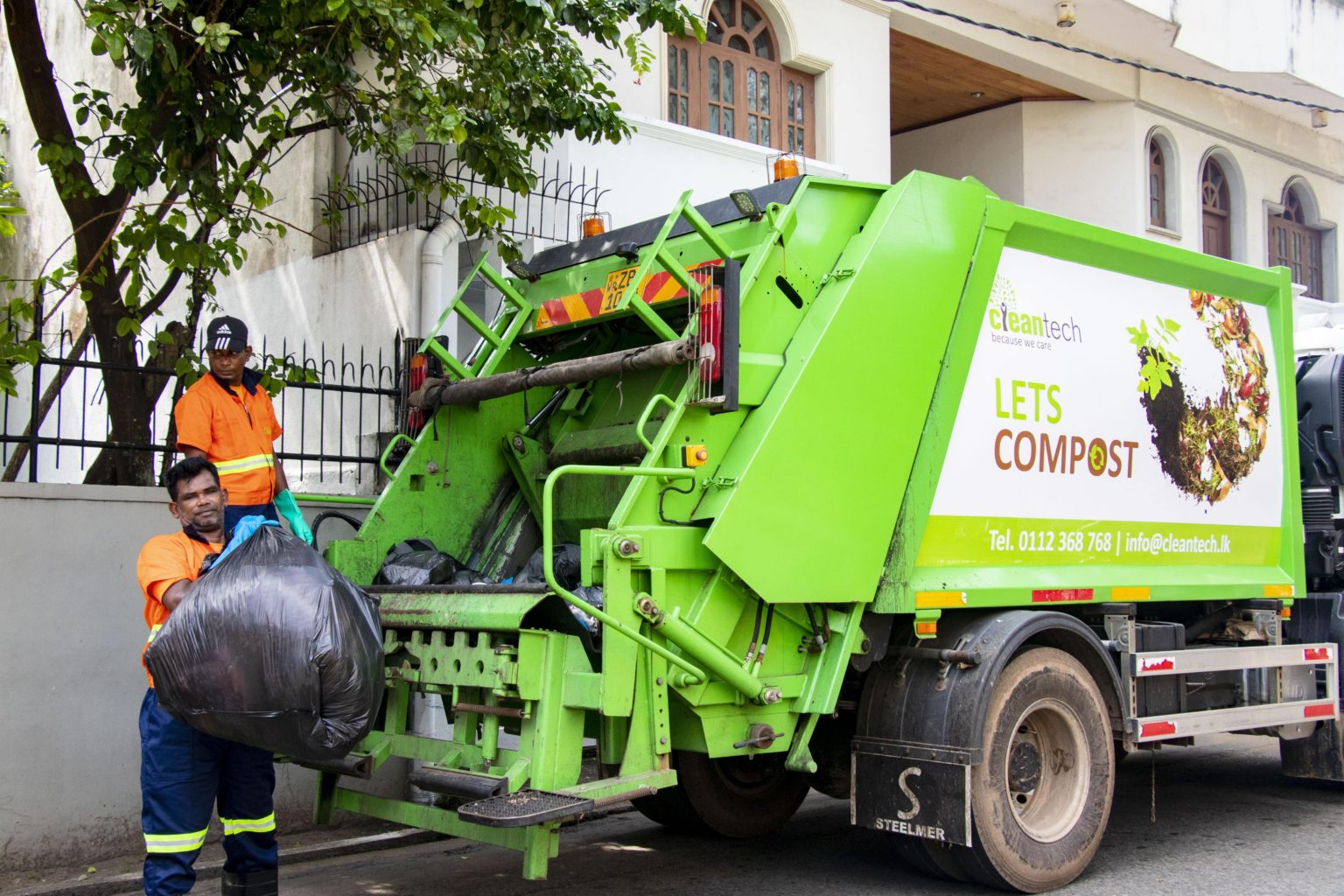Is the systematic handling, treatment, and disposal of waste materials to minimize their environmental impact while maximizing resource recovery and promoting sustainability. It encompasses a variety of practices and processes aimed at reducing waste generation, recycling valuable materials, and safely disposing of non-recyclable or hazardous waste. Waste management is essential for protecting public health, preserving natural resources, and mitigating pollution and environmental degradation.
waste management is a multifaceted process that involves the collection, transportation, treatment, recycling, and disposal of waste materials in an environmentally sustainable and socially responsible manner. By implementing comprehensive waste management strategies, promoting recycling and resource recovery initiatives, and fostering a culture of waste reduction and minimization, societies can mitigate the adverse impacts of waste generation and move towards a more sustainable and circular economy.
- Waste Generation and Composition:
Waste management begins with the identification and characterization of waste streams generated from various sources, including residential, commercial, industrial, and institutional activities. Waste materials are classified based on their composition, characteristics, and potential environmental impact. Common types of waste include municipal solid waste (MSW), hazardous waste, organic waste, construction and demolition (C&D) debris, and electronic waste (e-waste).
- Collection and Transportation:
Waste collection and transportation involve the systematic gathering and removal of waste materials from their point of generation to treatment or disposal facilities. Collection methods vary depending on the type of waste and local infrastructure, and may include curbside collection, bin placement, or specialized collection vehicles. Efficient collection and transportation systems are essential for preventing littering, minimizing odors, and reducing public health hazards associated with unmanaged waste.
- Treatment and Processing:
Waste treatment and processing facilities employ various techniques to manage and process waste materials, reducing their volume, toxicity, and environmental impact. Treatment methods include composting organic waste to produce nutrient-rich soil amendments, anaerobic digestion for biodegradable materials to generate renewable energy, and incineration or thermal treatment for non-recyclable and hazardous waste. Advanced treatment technologies help minimize pollution and promote resource recovery.
- Recycling and Resource Recovery:
Recycling plays a crucial role in waste management by recovering valuable materials from waste streams and diverting them from landfills. Recycling facilities sort, clean, and process recyclable materials such as paper, plastics, glass, metals, and electronic waste (e-waste) into new products or raw materials for manufacturing. Promoting recycling initiatives and implementing comprehensive recycling programs help conserve natural resources, reduce energy consumption, and mitigate environmental pollution.
- Landfill Management:
Landfills are engineered facilities designed for the disposal of non-recyclable and residual waste materials that cannot be effectively treated or recycled. Landfill management involves site selection, design, construction, operation, and monitoring to ensure compliance with environmental regulations and minimize environmental impacts. Modern landfills employ advanced engineering and containment systems to prevent groundwater contamination, air emissions, and leachate generation, while promoting methane capture and landfill gas-to-energy projects to mitigate greenhouse gas emissions.
- Waste Reduction and Minimization:
Waste reduction and minimization strategies focus on preventing waste generation at its source and promoting sustainable consumption and production practices. This may include implementing waste prevention measures, such as product redesign, packaging reduction, and promoting reusable or refillable products. Education and awareness campaigns encourage individuals, businesses, and communities to adopt waste reduction practices, such as composting, source separation, and conscious consumption habits.
- Regulatory Compliance and Policy Development:
Waste management is governed by a complex regulatory framework at local, national, and international levels to ensure public health, environmental protection, and resource conservation. Governments develop and enforce waste management policies, regulations, and standards to govern waste handling, disposal, recycling, and pollution control activities. Compliance with regulatory requirements, permits, and licensing is essential for waste management facilities and operators to operate legally and responsibly
